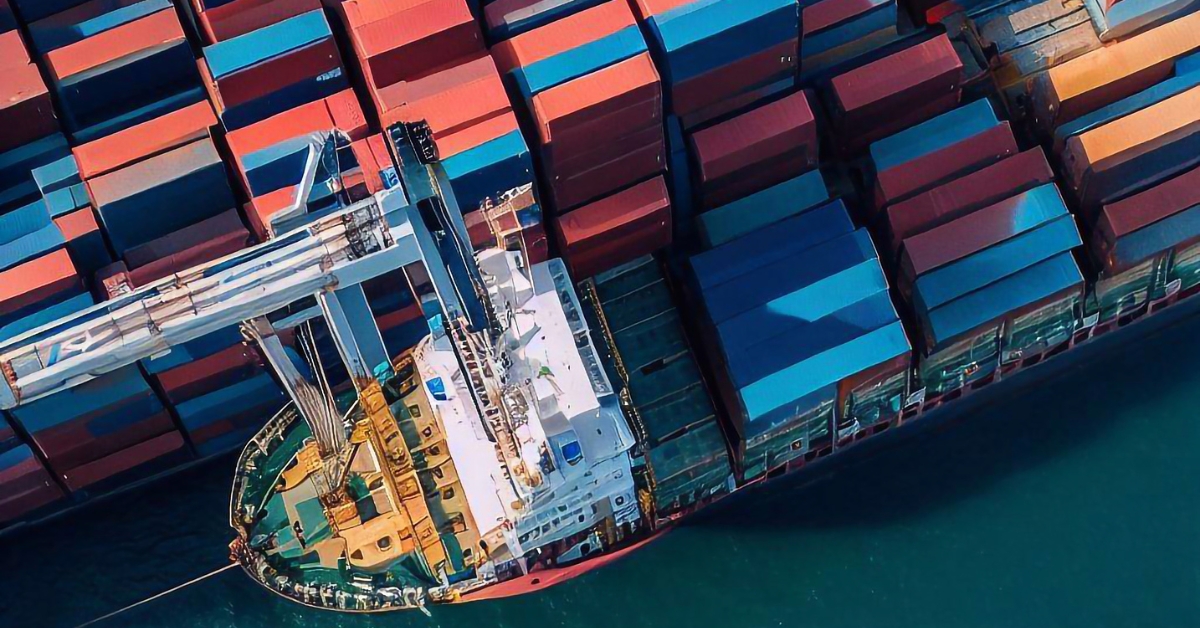
America Needs to Deter China in the Indo-Pacific
The US must face facts: our ability to deter China in the Indo-Pacific is weakening, and this could have serious consequences. For years, policymakers have underestimated the urgency of investing in robust deterrence capabilities against China. Now, the repercussions of this negligence are becoming evident and pose significant risks to regional stability.
The Indo-Pacific has become the epicenter of the U.S.-China strategic rivalry. China, under the ambit of the Chinese Communist Party, seeks dominance in this crucial region. The implications of its quest extend far beyond the region, affecting global security, freedom, and prosperity.
The Department of Defense has identified a Chinese invasion of Taiwan as its “pacing scenario.” However, the true extent of America’s deterrence erosion is not widely appreciated.
Reports from prominent think tanks and defense experts paint a stark picture: America’s military primacy in the Indo-Pacific is fading rapidly. There’s growing uncertainty about the U.S.’s ability to maintain a favorable balance of power in the region.
The challenges faced in the Indo-Pacific theater are particularly daunting. U.S. forces remain concentrated in a handful of major bases, making them vulnerable to preemptive strikes by China. While modest improvements have been made, these bases need substantial enhancements to withstand Chinese assaults.
In the skies, China enjoys numerical superiority near Taiwan. Their advanced capabilities, including airborne early warning and control (AEW&C) aircraft, stealth fighters, and long-range air-to-air missiles, put U.S. forces at a significant disadvantage.
America’s navy faces similar daunting hurdles. China’s rapidly expanding navy, coupled with sophisticated sensor networks, makes U.S. operations near Taiwan exceptionally challenging. Munition shortages and a shrinking Navy further curtail America’s ability to project power in the region.
Space and cyberspace, vital domains in modern warfare, are also hotly contested. America’s military space infrastructure isn’t yet resilient enough for a wartime environment. Meanwhile, China’s substantial state-sponsored hacker workforce poses a grave threat to U.S. cyber capabilities.
On top of all this, China is aggressively strengthening its nuclear forces, adding yet another layer of complexity to the operational challenges facing U.S. forces. The risk of China using nuclear coercion in a conventional conflict is a growing concern.
To confront these escalating challenges head-on, the United States must urgently invest in bolstering deterrence capabilities in the Indo-Pacific. While this might necessitate reallocating resources from other defense priorities, it’s the tough choice that must be made to protect American interests and regional stability. With tensions mounting, the cost of inaction is rising by the day.
The era of underestimating China’s capabilities and intentions must come to an end. To avoid a destructive conflict or ensure victory if it happens, the United States must focus on strengthening deterrence. It’s an arduous choice, but the price of not making it could be catastrophic.














